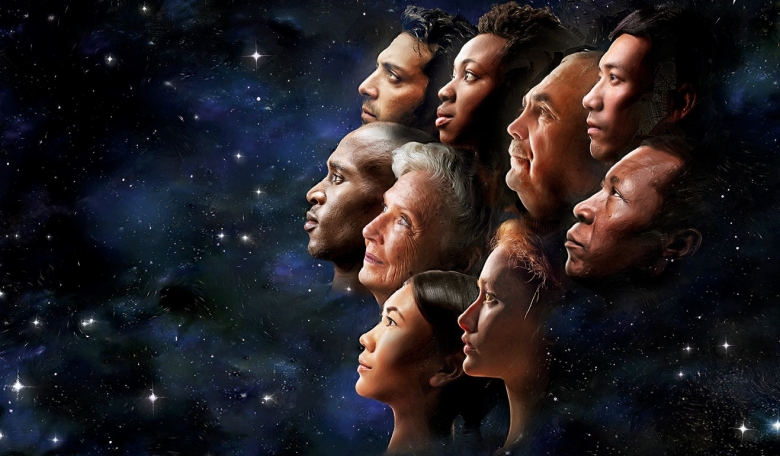The conception of outer space as a peaceful, cooperative and collaborative domain is one that has persisted within the international community over the past half-century. The United Nations (UN) has continuously emphasised that the benefits tied to the exploration and use of outer space must collectively benefit the international community as a whole and not just those countries with space programmes. Here, lawyer Jonathan Lim discusses the importance of human rights in space and how the maintenance of space as a peaceful and cooperative domain can be supported by established international law principles and agreements, including the international human rights law (IHRL) framework.
The extension of international human rights into the domain of outer space represents a necessary and foundational measure, conducive to supporting the exponential pace of humanity’s development and presence in outer space, and in reinforcing and maintaining the longstanding recognition of outer space as a “shared international commons” and the “province of all mankind”.
The intersection of human rights and space can be interpreted through two means. Firstly, the use of space technologies and applications to support the realisation and maintenance of human rights obligations terrestrially, such as the use of remote sensing and Earth observation satellites for monitoring humanitarian developments in Burma. Secondly, the extension of terrestrial human rights into space, as a means of regulating and guiding human activities in outer space. It is this second intersection which will bear significance in shaping the ethical, moral, and philosophical character of humanity’s advance into space over the coming decades.
Introducing the contemporary IHRL framework into the domain of space gives rise to several noted benefits. First, it provides an agreed standard of norms for assessing and addressing the impact of human activities in space. Second, it facilitates understanding and engagement through shared language and values. Third, it provides an architecture to convene, deliberate and enforce such standards. Finally, it provides a positive roadmap to guide decision making, and a moral compass necessary for promoting good governance and advancing the notion of inter-generational equity.














